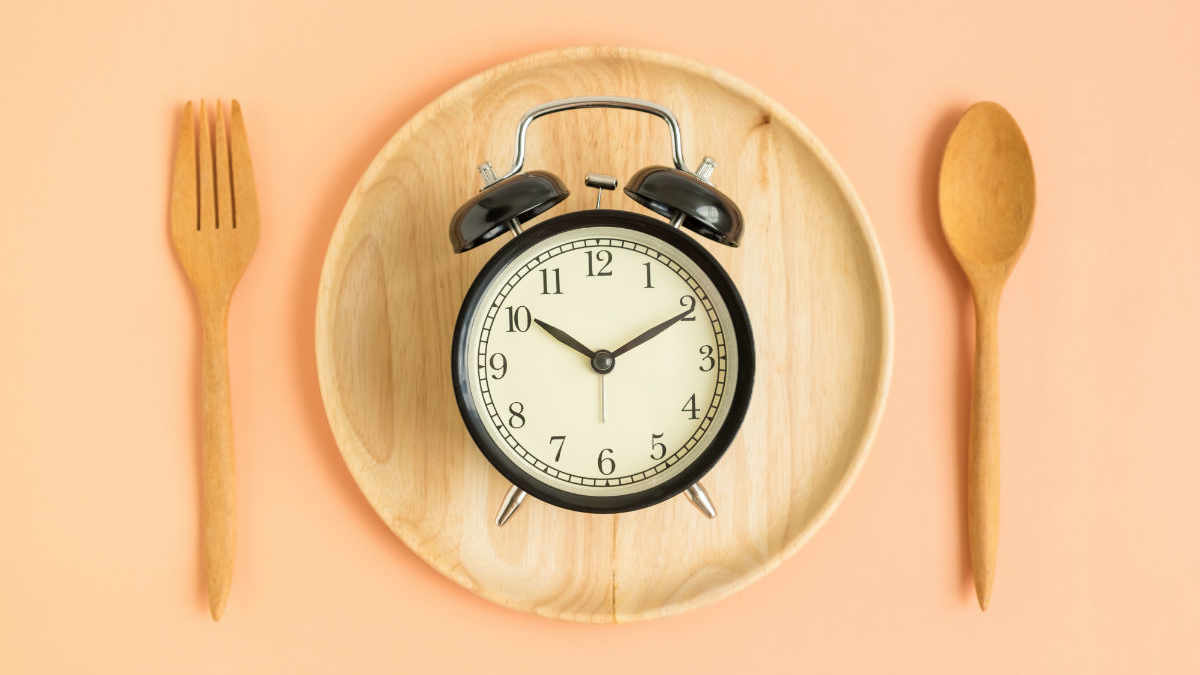
Intermittent Fasting: What You Need To Know
There are a ton of diets out there, and there’s no shortage of “experts” pushing out their strong opinions on each of these. I’m sure you’ve heard of Paleo, Keto, Whole 30, If It Fits Your Macros, etc. While there are pros and cons to each, I generally advise staying away from anything too extreme in nature. If you haven’t already, I’d suggest educating yourself about numerous nutritional misconceptions that are present in the fitness industry The best diet is the one you’re most likely to stick to. I’d take a balanced, consistent diet over anything we discussed above. Intermittent Fasting is not a diet, but a strategy. And it can be really effective for you on your fitness journey. It has worked for me as well as many of our clients regardless of whether their goals are weight loss, fat loss, muscle buildings or strength gaining.
I’m going to start by telling you that Intermittent Fasting (IF) is something I do frequently and feel the benefits of. I’ve noticed faster fat loss and better muscle maintenance on IF. What I like most about intermittent fasting is the consistent energy levels. I find I don’t get that mid-day crash I used to. It’s difficult to describe but it feels like you’ll have clean energy throughout the day. To me, that’s the biggest benefit of adopting Intermittent Fasting and it has integrated well into my lifestyle and my career.
So what is Intermittent Fasting? In short, it’s consuming all of your food and calories in a short window each day, and then spending the rest of the day in a fasted state, free from food or calories. If you’re interested in trying to incorporate Fasting into your routine, I’d suggest starting off with a 16-hour fasting period, with an 8-hour eating period. I usually would skip breakfast and have my first meal at noon and stop eating by 8 PM. You can eat as frequently as you want during the 8-hour eating period – there’s nothing else with respect to meal timing that you need to worry about during the fasting period. You can also do a 20 hour fast and 4 hour eating period as you build up. Naturally, I find you’re more likely to be in a caloric deficit by adopting Intermittent, as you’re skipping a meal and likely preventing yourself from binging late in the evening after a long day of work, which is when most people tend to struggle with snacks and unhealthy nutritional choices.
While you’re in a fasting period, you can drink water or green tea. Some people say you can have black coffee as well, others say you can’t. I’ll leave it to you. Ultimately the best way to go about it is by doing what you feel will make you most consistent. I have black coffee in the morning some days, and nothing until my feeding period on other days. It’s your call. Do what works for you. You can also have a 1 litre bottle with you at work that you can fill up multiple times during the day. Water consumption is massive when it comes to any fitness journey and keeping a large bottle handy with you at your desk can serve as a constant reminder to drink water throughout the day.
Intermittent Fasting isn’t an excuse to eat cheat meals and unhealthy food all day – you’ll still need to eat clean and exercise consistently to really see the benefits from it. Give it a shot and feel free to comment below to let us know how it works for you! You can read our next post if you’re interested in learning how to start Intermittent Fasting.
Many of our trainers are well versed in intermittent fasting and we’d happy to discuss our thoughts with you. If you’re interested in setting up a complimentary session with one of our personal trainers, you can always email us at contact@fithaus.io, call us at 1-888-682-0724 or sign up on our website. One of our reps would be more than happy to assist and help you learn more!
